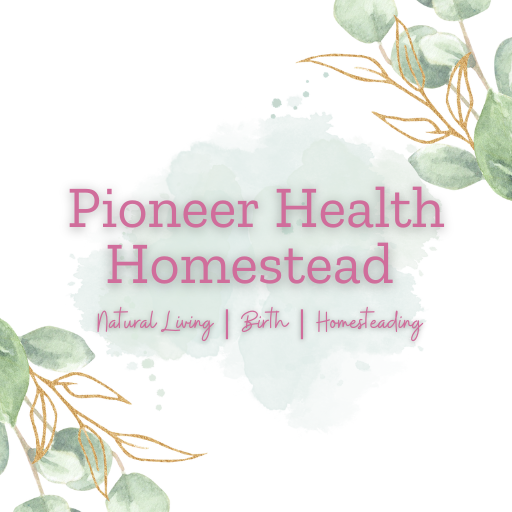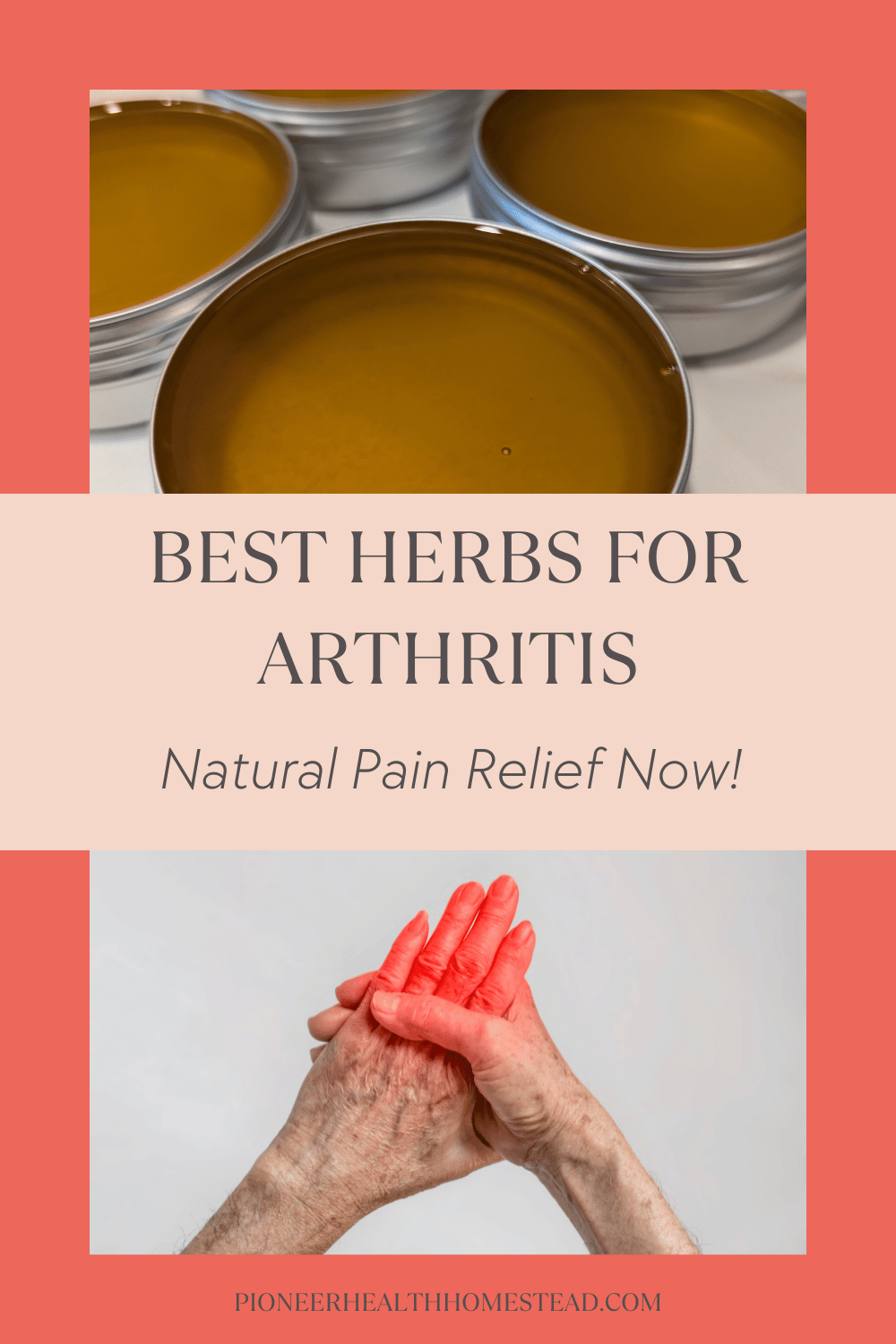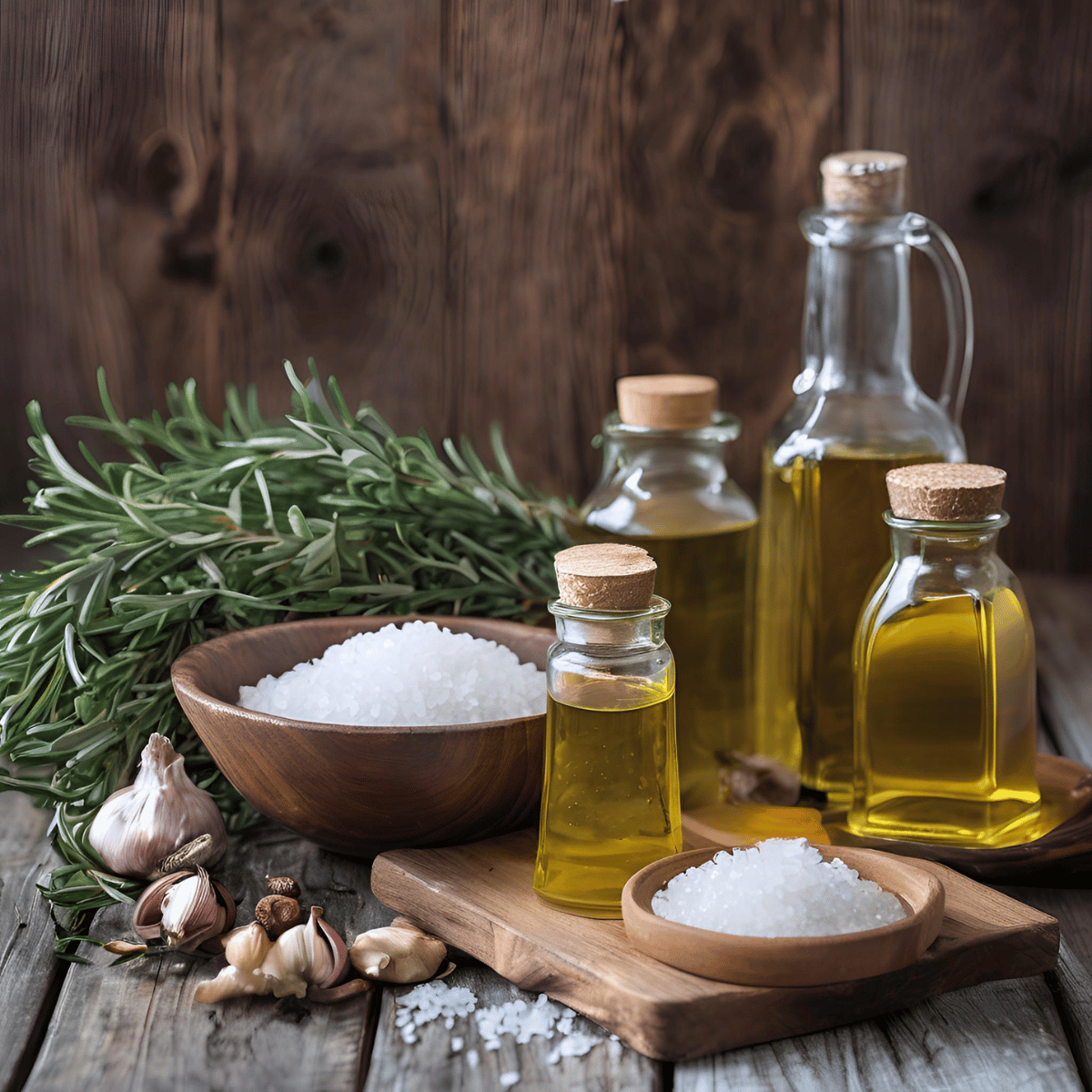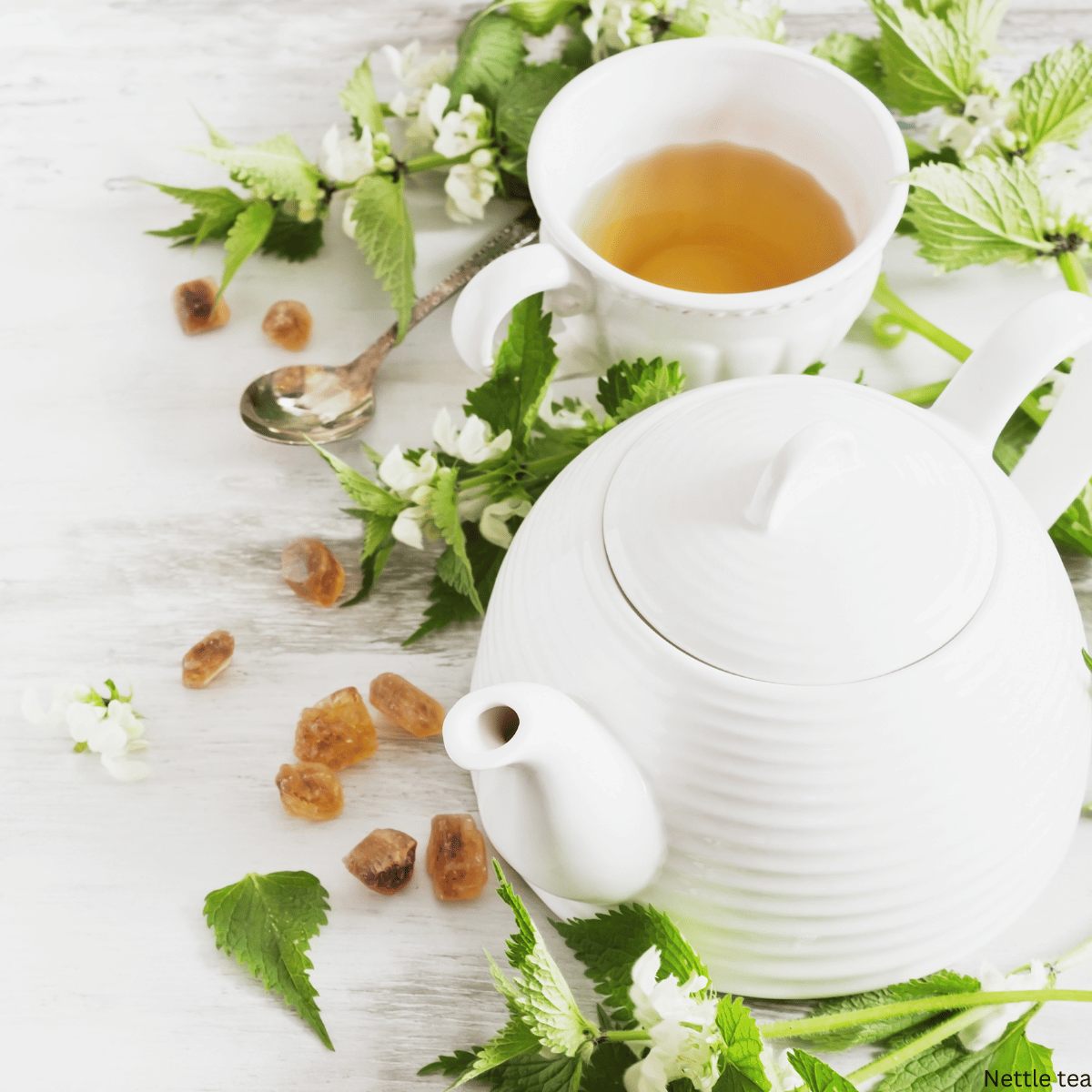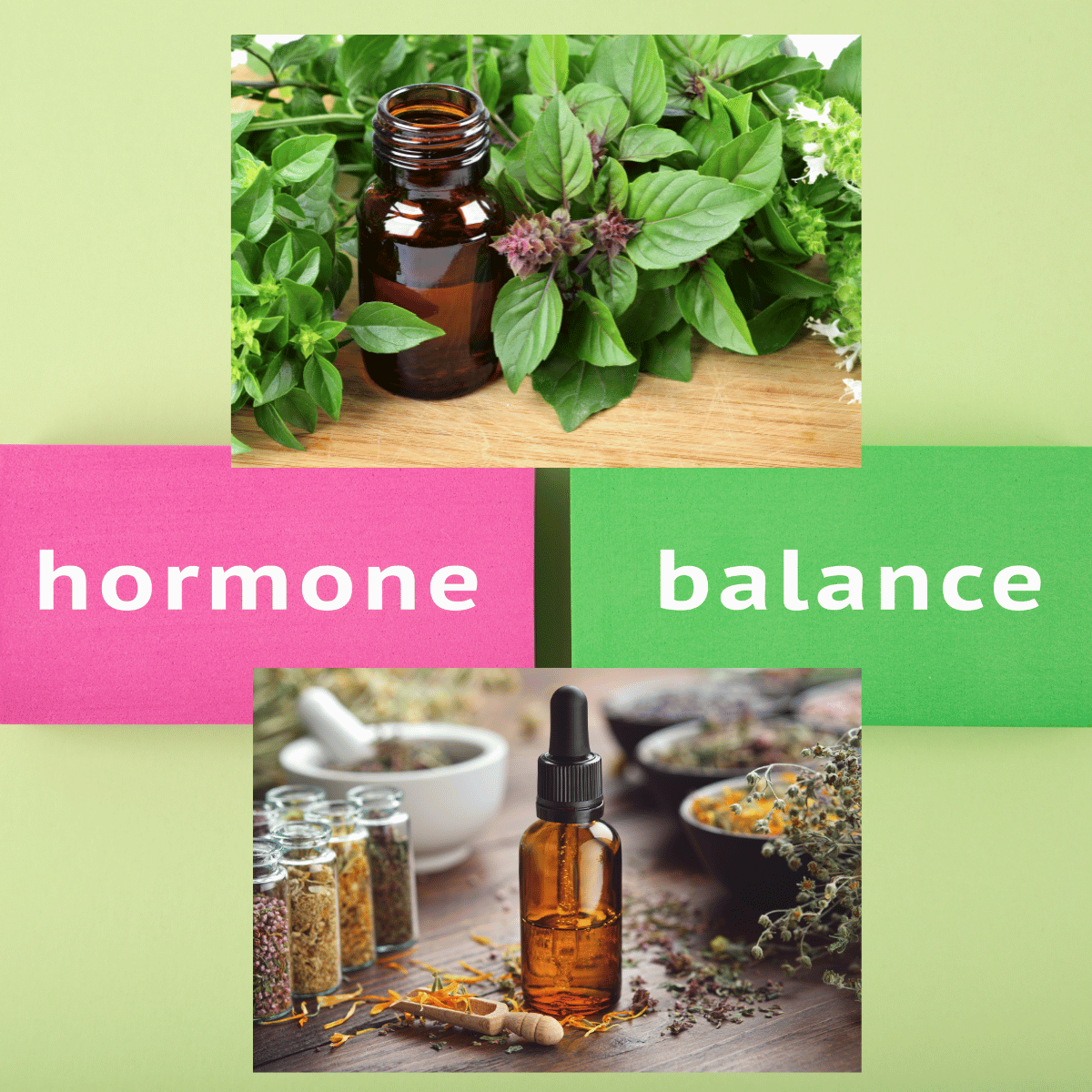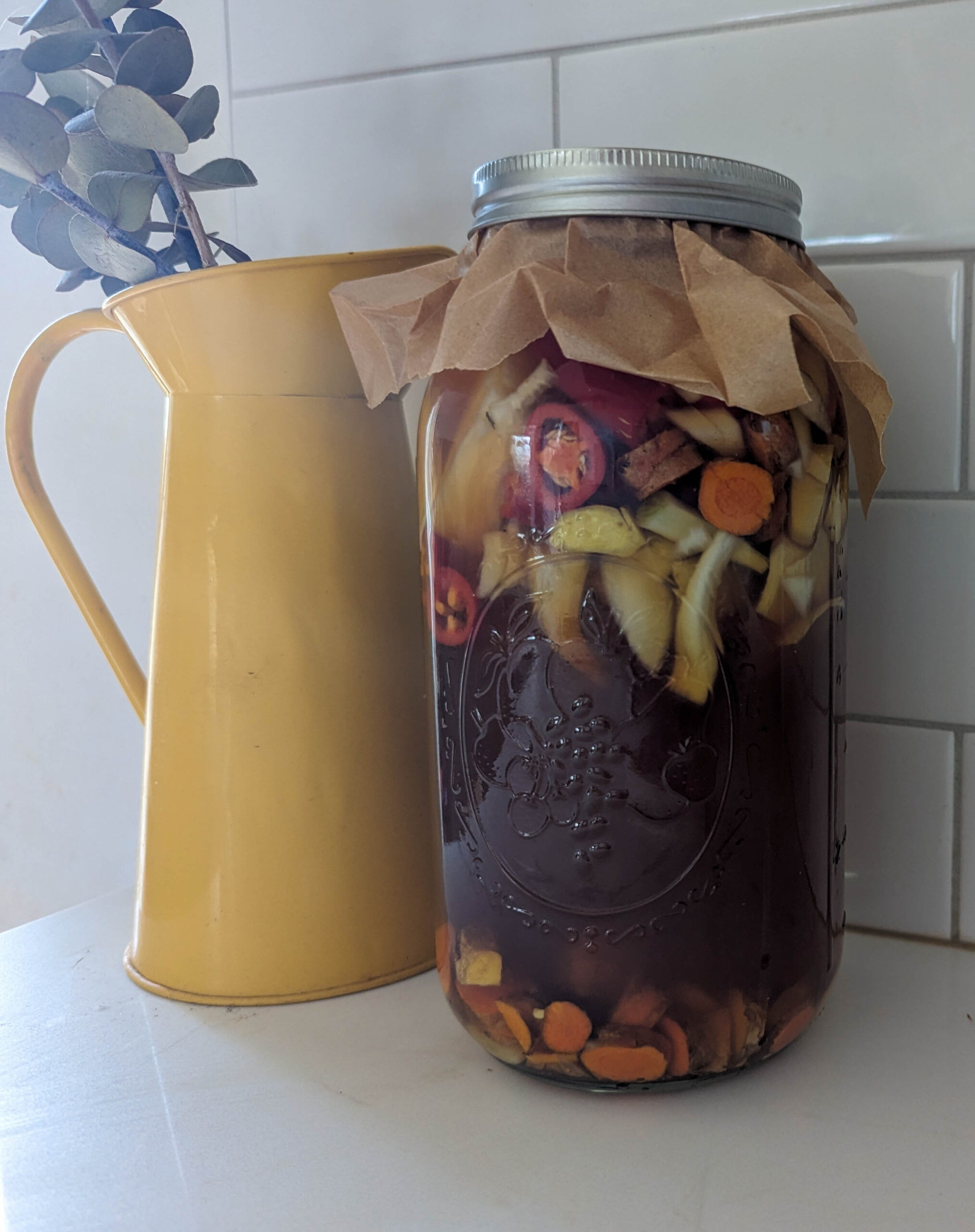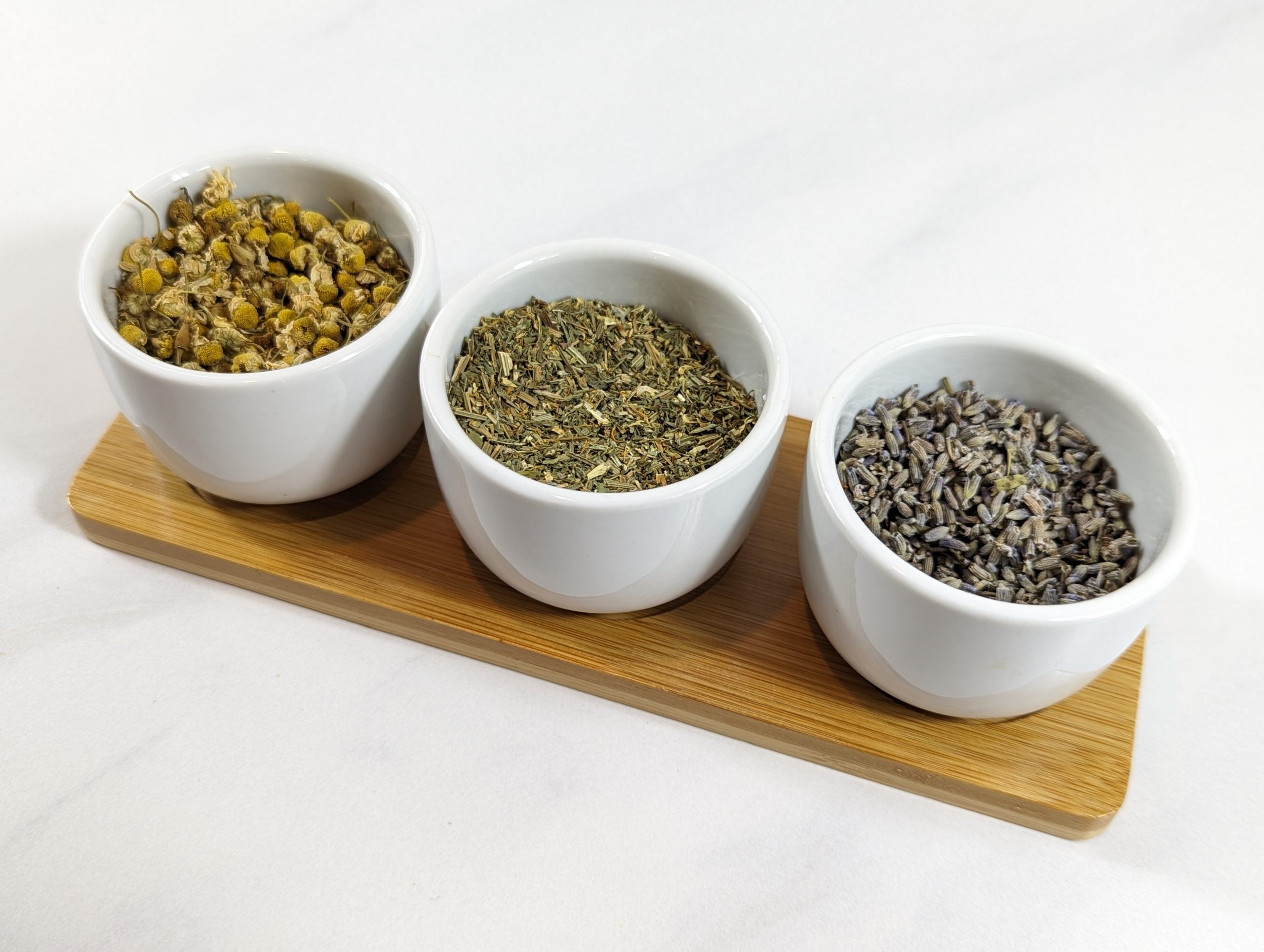Herbal Tea for Men: The Best Men’s Health Herbs
Herbal tea for men is not a very well-known or talked about subject, unfortunately. Tea has long been celebrated for its health benefits across various cultures worldwide. In this guide, I go into the role of tea in promoting men’s health. Focusing on its potential to support immune function, heart health, and overall well-being.
Maintaining good health is a priority for men in today’s fast-paced world. With numerous health supplements available, navigating the options can be overwhelming. However, tea offers a natural and accessible solution with its many medicinal properties.
Green tea, for example, is known for its antioxidant content, which can bolster the immune system. Similarly, ginger tea may alleviate joint pain and inflammation, supporting an active lifestyle. Teas like black tea, hibiscus tea, and rooibos tea have been linked to heart health benefits. These include lowering blood pressure and cholesterol levels. Herbal blends such as ekön tea and nettle root may also aid in prostate health and sexual vitality.

Herbal Tea for Men
Tea isn’t just a beverage; it’s a tool for men to prioritize their health and well-being. Let’s explore the health benefits of tea and its potential to enhance men’s overall health.
Black Tea
Black Tea (Camellia sinensis): Linked to lower cholesterol levels and reduced risk of heart disease. It stands as a defender of heart health. Its rich flavor and antioxidant properties make it a favorite choice for those seeking to support cardiovascular wellness.
Ginger Tea
Ginger Tea (Zingiber officinale): Renowned for its ability to aid in weight loss and digestion. It offers great flavor alongside its health benefits. It also supports joint health and reduces inflammation, making it a valuable addition to any man’s wellness routine.
Green Tea
Green Tea (Camellia sinensis): With its antioxidant properties. It is a powerful ally in bolstering the immune system and promoting overall health and well-being. Its refreshing taste and numerous health benefits make it a staple in many men’s daily routines.
Hibiscus Tea
Hibiscus Tea (Hibiscus sabdariffa): Known for its ability to help lower blood pressure and support heart health. It offers a floral flavor profile. Incorporating this tea into your regimen can contribute to better cardiovascular health and overall vitality.
Nettle Root Tea
Nettle Root Tea (Urtica dioica): Offering support for prostate health and hair growth. It boasts medicinal properties that are beneficial for men’s health. Its earthy flavor and health-promoting properties make it a valuable addition to any herbal tea collection.
Rooibos Tea
Rooibos Tea (Aspalathus linearis): Originating from South Africa, rooibos tea supports prostate health and may aid in sexual vitality. Its distinct red hue and mild flavor make it an enticing option for men looking to prioritize their well-being.
Chamomile Tea
Chamomile (Matricaria chamomilla) Tea for Men’s Well-being: Chamomile tea offers numerous benefits for men’s health. Its calming properties can help reduce stress and anxiety, promoting better sleep quality and emotional balance. For men leading busy lives, chamomile tea provides a soothing beverage option that supports mental clarity and relaxation. Additionally, its anti-inflammatory properties may assist in alleviating joint pain and muscle soreness. Making it a practical choice for holistic wellness.
Oolong Tea
Oolong (Camellia sinensis) Tea for Men’s Health: Oolong tea is a versatile option for men looking to prioritize their health. Known for its potential to support metabolic health and weight management, oolong tea is appealing to those aiming for a healthy body composition. Its antioxidant properties offer protection against oxidative stress, contributing to overall well-being. Whether enjoyed as a refreshing beverage or integrated into a daily routine, oolong tea provides men with a flavorful and health-promoting choice aligned with their wellness objectives.
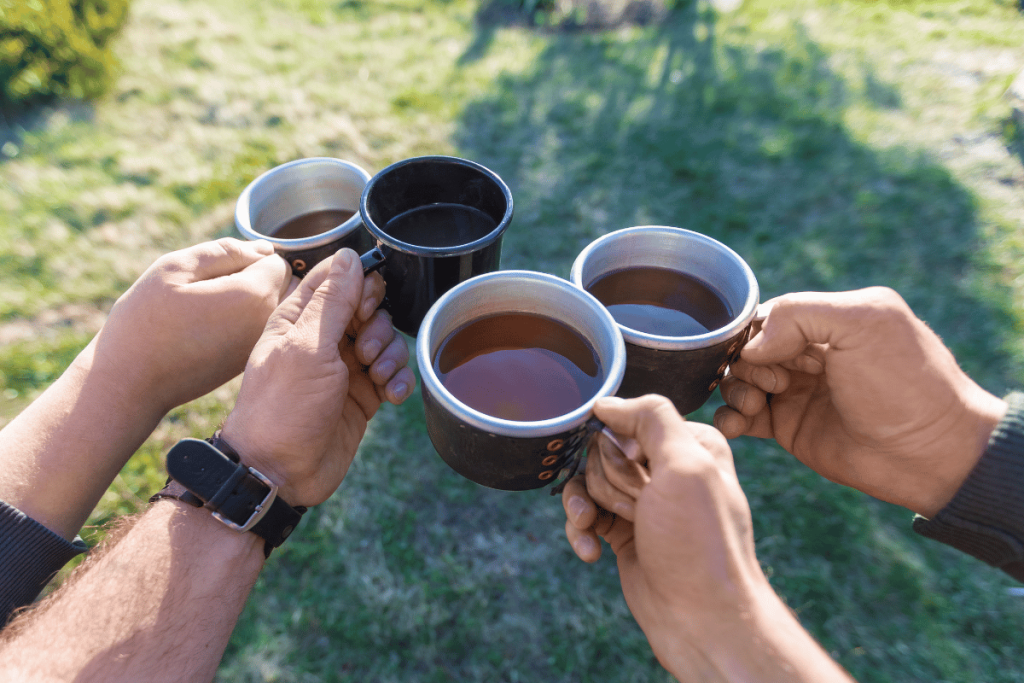
Herbs for Men
In addition to these teas, several herbs offer additional benefits for men’s health:
Ashwagandha
Ashwagandha (Withania somnifera): Known for its adaptogenic properties, ashwagandha is recognized for its ability to reduce stress, improve energy levels, and support overall vitality.
Fenugreek
Similarly, fenugreek (Trigonella foenum-graecum) is touted for its potential to increase testosterone levels, enhance libido, and support muscle strength and mass.
Ginseng
Ginseng (Panax ginseng): Available in supplement form, ginseng is revered for its adaptogenic properties, which may aid in stress reduction and boost energy levels.
Saw Palmetto
Saw palmetto (Serenoa repens) is often relied upon to support prostate health and alleviate symptoms of benign prostatic hyperplasia (BPH), such as frequent urination.
Tribulus Terrestris
Finally, Tribulus Terrestris is renowned for its potential to elevate testosterone levels, enhance libido, and improve sexual function, offering men additional support in their health journey.
These herbs and teas can be consumed in various forms, including teas, supplements, or incorporated into meals. However, it’s essential to consult with a healthcare professional before adding them to your routine, especially if you have underlying health conditions or are taking medications. With careful consideration and moderation, incorporating these natural remedies into your daily regimen can contribute to improved men’s health and overall well-being.
For where I get my herbs and teas from, check out my resources page.
A brand of tea that caters specifically to men is Ekon tea. I have not bought their products before, but they appear to come highly recommended as I found in my research for this blog post.
Herbal Tea for Men: Daily Routine
Incorporating tea into your daily routine can be a simple yet effective way to enhance your overall health and well-being. When selecting tea products, it’s essential to opt for high-quality options, whether you prefer loose teas or convenient tea bags. Look for teas that contain the beneficial herbs and ingredients discussed earlier, such as black tea for heart health or ginger tea for digestion support.
Once you’ve chosen your teas, consider incorporating them into your daily rituals. Whether it’s enjoying a cup of green tea with breakfast to kickstart your day or sipping on hibiscus tea in the evening as part of your relaxation routine, finding moments to indulge in your favorite teas can provide both physical and mental benefits.
However, it’s crucial to remember that tea alone is not a magic solution. While it offers numerous health benefits, maintaining a healthy lifestyle alongside tea consumption is key to optimizing those benefits. This includes regular exercise, a balanced diet rich in fruits and vegetables, adequate hydration, and sufficient sleep. By combining the power of tea with other healthy habits, you can achieve optimal health and vitality for the long term.
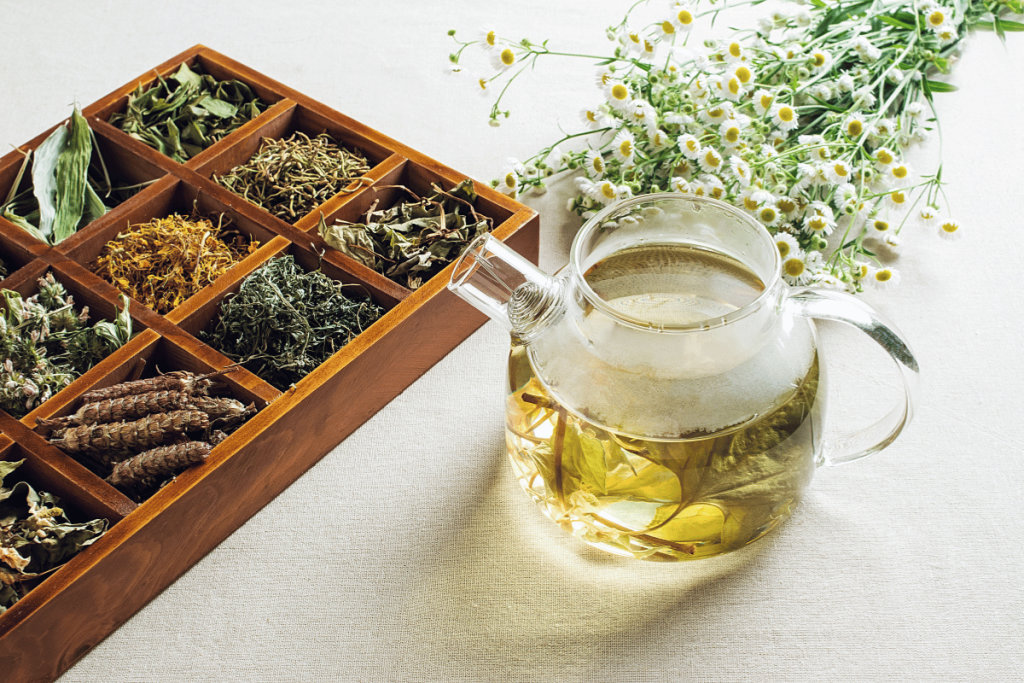
Prostate Health Benefits
A man’s prostate is often a concern, especially for older men. Teas and herbs can play a significant role in promoting prostate health and addressing related concerns. Here’s how some of them can contribute specifically to a man’s prostate health:
Black Tea
Black Tea (Camellia sinensis): Black tea, renowned for its cardiovascular benefits, indirectly supports prostate health by reducing the risk of heart disease and maintaining overall cardiovascular wellness. While more research is needed to confirm its direct effects on prostate health, incorporating black tea into a daily routine can contribute to overall well-being.
Ginger Tea
Ginger Tea (Zingiber officinale): Ginger tea offers anti-inflammatory properties that may benefit prostate health by reducing inflammation and alleviating discomfort associated with prostate conditions. Additionally, its digestive benefits can indirectly support prostate health by promoting regularity and reducing gastrointestinal distress.
Green Tea
Green Tea (Camellia sinensis): Green tea contains catechins, potent antioxidants that have been studied for their potential to inhibit the growth of prostate cancer cells and reduce the risk of prostate cancer. Regular consumption of green tea as part of a healthy lifestyle may offer protective effects for prostate health.
Nettle Root Tea
Nettle Root Tea (Urtica dioica): Nettle root tea has been traditionally used to alleviate symptoms of benign prostatic hyperplasia (BPH), such as frequent urination and difficulty urinating. By reducing prostate enlargement and inflammation, nettle root tea supports prostate health and improves urinary function.
Rooibos Tea
Rooibos Tea (Aspalathus linearis): While specific research on rooibos tea and prostate health is limited, its antioxidant properties and potential anti-inflammatory effects may offer general benefits for prostate health. Including rooibos tea in a balanced diet can contribute to overall wellness and support prostate health indirectly.
Chamomile Tea
Chamomile (Matricaria chamomilla) Tea: Chamomile tea’s anti-inflammatory and calming properties make it a valuable addition to prostate health regimens. By reducing stress and inflammation, chamomile tea promotes overall well-being and may alleviate symptoms associated with prostate conditions.
Oolong Tea
Oolong (Camellia sinensis) Tea: Oolong tea’s antioxidant properties contribute to overall health and well-being, indirectly supporting prostate health by reducing oxidative stress. Additionally, its potential to support metabolic health may offer benefits for maintaining a healthy weight, which is important for prostate health.
These teas and herbs, when incorporated into a balanced diet and lifestyle, can play a supportive role in promoting prostate health and addressing related concerns. However, it’s essential to consult with a healthcare professional for personalized advice, especially for individuals with existing prostate conditions or concerns.
Research and Evidence
Research and evidence supporting the health benefits of tea consumption for men abound, offering validation for its inclusion in daily routines. Many studies have explored the positive effects of various teas, such as green tea, black tea, and herbal blends, on men’s health. These studies showcase the remarkable potential of teas in bolstering the immune system, promoting heart health, and addressing specific health concerns.
Moreover, small-scale studies have surfaced, bringing good news about the efficacy of certain teas in managing health conditions. For instance, research has shown promising results in using ginger tea to alleviate joint pain and inflammation, offering hope for those grappling with such discomfort.
However, it’s imperative to approach tea consumption with caution, as excessive intake or specific herbal blends may pose risks and serious side effects. While teas are generally safe for most individuals, some may experience adverse reactions or interactions, particularly when consumed in large quantities or combination with medications.
Therefore, it’s essential to moderate tea consumption and consult healthcare professionals, especially for individuals with underlying health conditions or those on medication regimens.
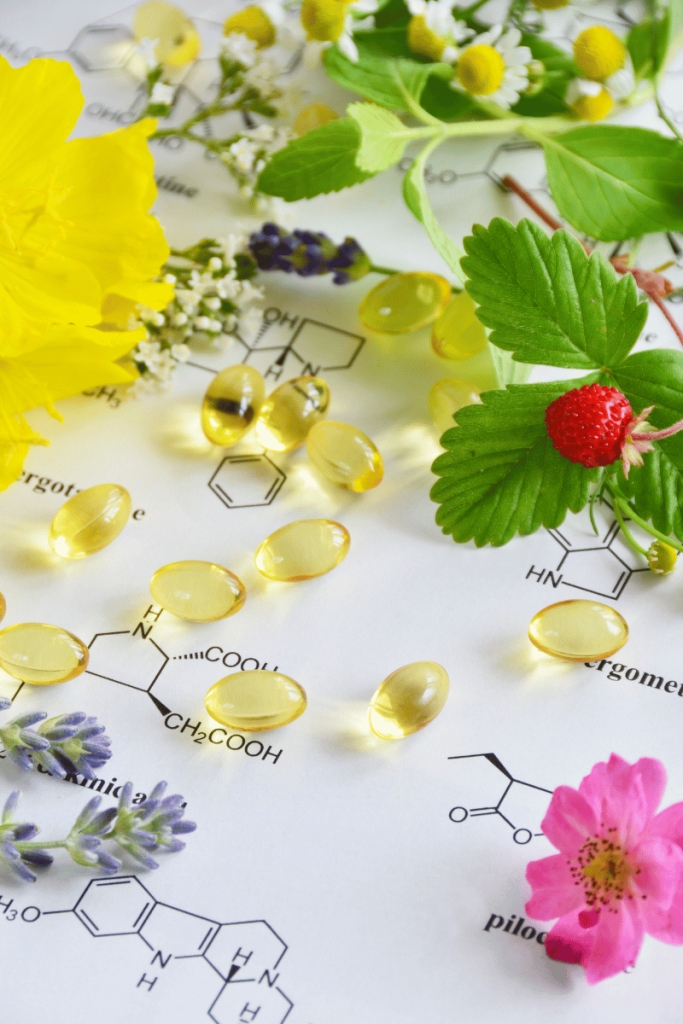
Studies on Herbal Tea for Men
Green Tea and Heart Health
Numerous studies have investigated the cardiovascular benefits of green tea. For example, a study published in the “Journal of the American College of Nutrition” in 2007 found that green tea consumption was associated with a reduced risk of coronary artery disease. (Yang, Y.C. et al. (2007). Green tea consumption and risk of coronary artery disease: A meta-analysis of 13 prospective cohort studies. Journal of the American College of Nutrition, 26(5), 380-390.)
Ginger Tea and Inflammation
Research has shown the anti-inflammatory properties of ginger. A study published in the “Journal of Medicinal Food” in 2005 demonstrated that ginger extract reduced inflammation markers in patients with osteoarthritis. (Altman, R.D. & Marcussen, K.C. (2001). Effects of a ginger extract on knee pain in patients with osteoarthritis. Arthritis & Rheumatology, 44(11), 2531-2538.)
Hibiscus Tea and Blood Pressure
Some studies suggest that hibiscus tea may help lower blood pressure. A review published in “The Journal of Hypertension” in 2015 analyzed several clinical trials and concluded that hibiscus tea consumption was associated with a significant reduction in both systolic and diastolic blood pressure. (Serban, C. et al. (2015). Effects of supplementation with green tea catechins on plasma C-reactive protein concentrations: A systematic review and meta-analysis of randomized controlled trials. Nutrition, 31(9), 1061-1071.)
Prostate Health and Saw Palmetto
There’s research on saw palmetto’s effects on prostate health. A meta-analysis published in the “Journal of the American Medical Association” in 1998 reviewed several clinical trials and found that saw palmetto extract improved urinary symptoms in men with benign prostatic hyperplasia. (Wilt, T. et al. (1998). Saw palmetto extracts for treatment of benign prostatic hyperplasia: A systematic review. Journal of the American Medical Association, 280(18), 1604-1609.)
These examples demonstrate some of the research supporting the health benefits of various teas and herbs for men. However, it’s essential to consult recent studies and consider the overall body of evidence when evaluating the efficacy of these interventions.
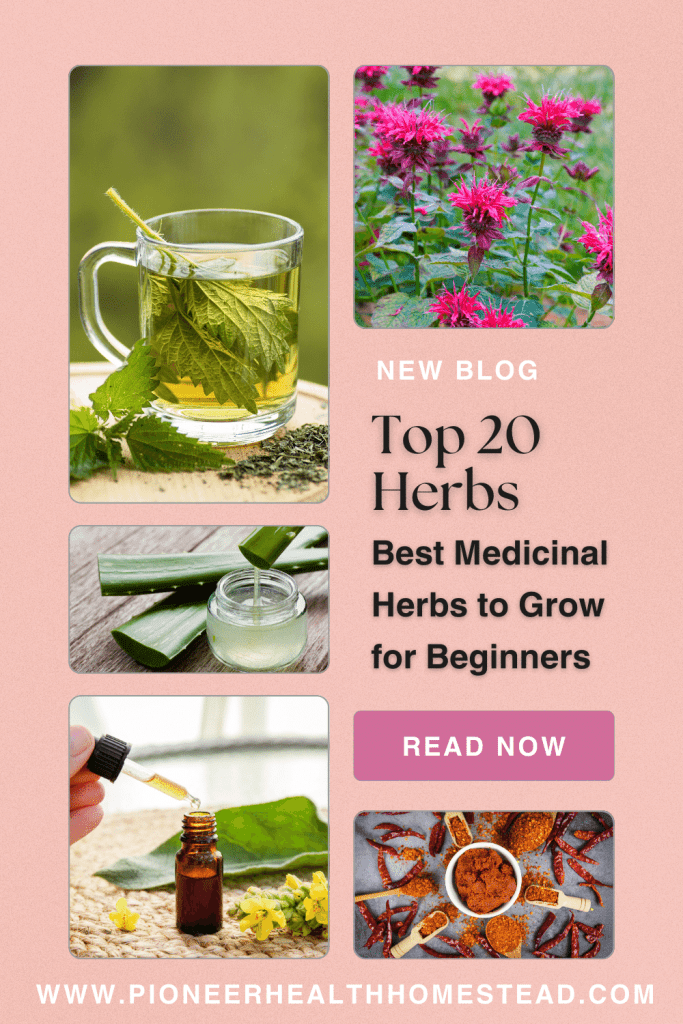
Recap and Conclusion on Herbal Tea for Men
Herbal tea for men is an often-overlooked aspect of wellness, yet it holds significant potential in supporting men’s health. Tea has long been celebrated for its health benefits across various cultures worldwide. In this guide, we explored the role of tea in promoting men’s health, focusing on its potential to support immune function, heart health, and overall well-being.
Maintaining good health is a priority for men in today’s fast-paced world, and with numerous health supplements available, navigating the options can be overwhelming. However, tea offers a natural and accessible solution with its array of medicinal properties.
In conclusion, incorporating tea into a balanced diet and lifestyle can play a significant role in enhancing men’s health and overall well-being. However, it’s essential to consult with a healthcare professional before adding teas or herbal remedies to your routine, especially if you have underlying health conditions or are taking medications. With careful consideration and moderation, incorporating these natural remedies into your daily regimen can contribute to improved men’s health and vitality in the long term.
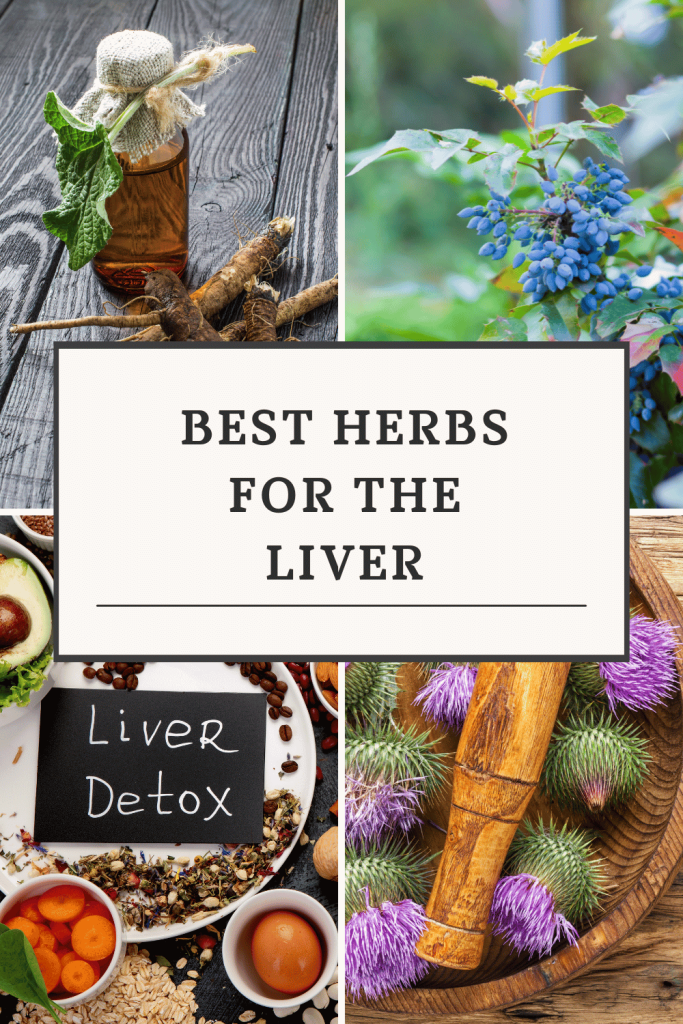
Disclaimer
None of these statements have been approved by the Food and Drug Administration (FDA). This information is not meant to be medical advice. Please consult with your healthcare professional to discuss your personal health and family history before using any teas/herbs medicinally.
